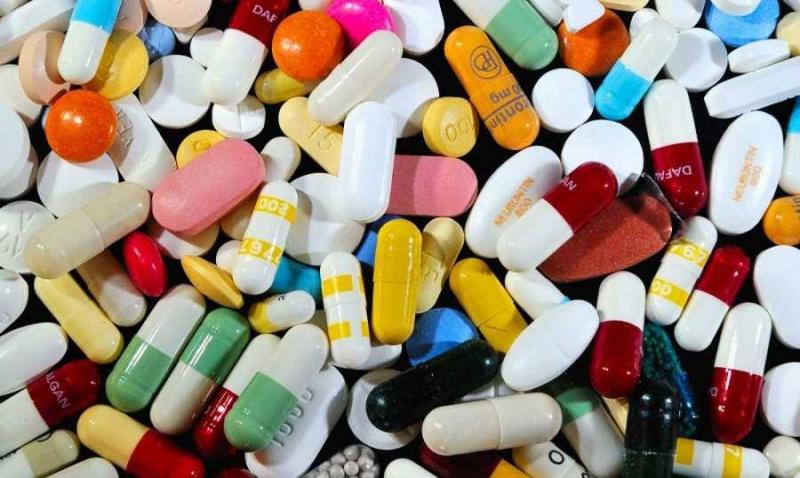As soon as the parliamentary elections concluded, a deluge of calamities fell upon the Lebanese people. Although these crises are not new, they have resurfaced with greater intensity, particularly because they are tied to fundamental and vital needs, including the catastrophic shortage of cancer and chronic disease medications. Despite the "era" of slashing drug subsidies to the bare minimum, the issue of disbursing funds remains unresolved, alongside the refusal of pharmaceutical suppliers and medical equipment companies to export any drugs to Lebanon unless they receive a portion, even a small one, of their estimated debt of $400 million.
In his last meeting with the government, Minister of Health Firas Al-Abiad stated, "No one can bear the cost of cancer and chronic disease medications. The crisis we are going through is unprecedented, compounded by other factors such as administrative paralysis and political disputes." He added, "Our problems go beyond the ministry. Most of the challenges we face are due to a lack of funding. We are in exceptional circumstances, and everyone needs to unite to pull the country out of this predicament."
In detailing the pharmaceutical crisis, Karim Jabara, the head of the Drug Importers Syndicate and warehouse owners, explained to "Al-Markazia" the realities of the problem. He clarified that "from September 2021 until March 2022, the fundamental issue was that the available monthly amount for drug support—$25 million—was insufficient to meet local demand. Lebanon's need for medication far exceeds this amount, as it consumed drugs worth $90 million per month before the crisis, and thus, the shortage was a natural result. To alleviate this, Minister Al-Abiad resorted to rationalizing support. At that time, the decision to provide support was made based on a category in direct coordination between the Ministry of Health and the Central Bank, and based on this communication, allocations were opened."
He continued, "Starting from March 2022, conditions changed with the Central Bank announcing its inability to continue support from its reserves, which the public translated as having reached the mandatory reserve. At that time, the Central Bank requested to borrow from the Lebanese state to support various basic commodities, not just medication, only to find out that this borrowing needed a law from the Parliament, which announced it was not inclined to issue it. In light of this reality, a solution was reached to use Special Drawing Rights (SDRs) provided by the International Monetary Fund to various countries last year to help them confront the COVID-19 pandemic, amounting to $1.1 billion, to ensure that citizens' deposits are not used to fund the support. Consequently, the use of SDRs requires a Council of Ministers decision, thus transferring the decision on support from the Ministry of Health and the Central Bank to the ministry and the government, which requires unanimous approval to issue a ministerial decision, followed by administrative routine to inform the Central Bank of the decision through the Ministry of Finance for implementation. This means that the procedure is not only longer, but the decision also requires a Cabinet session, which takes additional time. Moreover, reaching this solution took a month, meaning Lebanon lost that time without receiving any drugs."
Jabara pointed out that "the first allocation approved by the government from the SDRs was worth $35 million, and it was opened two weeks ago; however, its implementation only happened today due to administrative delays." He expressed concern about "the fear of the government's resignation on the 21st of this month; then how will they convene to make a decision to open funding allocations? Additionally, we cannot overlook the possibility that forming a new Council of Ministers might take a long time, while the support decision requires a Cabinet meeting. Therefore, we demanded that the governmental vacuum not translate into a pharmaceutical vacuum. Since this was the last session of the current government, the Minister of Health suggested making a preventative decision to open allocations for the next four months, each valued at $35 million, in anticipation of the possibility of the government not being formed. Hence, the importance of the Council of Ministers responding to this request."




